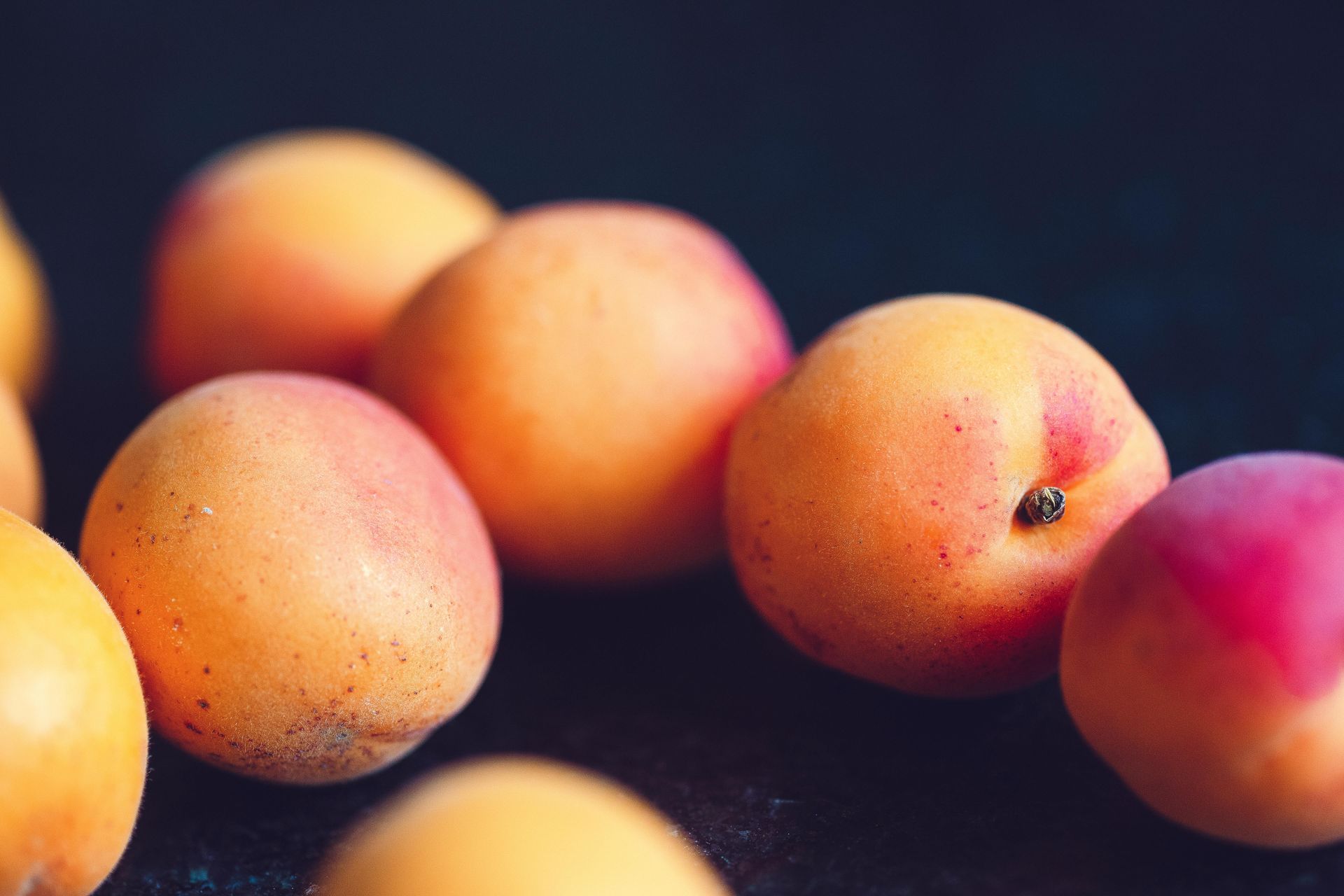Food poisoning risks set to increase in the UK
Climate change isn’t just affecting the way we heat and cool our homes. It’s also predicted to drive an increase in diarrhoea outbreaks. It’s just one of many stories cropping up that highlight the importance of the best possible food hygiene and food system disinfection protocols. Let’s see what’s happening, and what we recommend to keep food sector businesses and their products safe and hygienic.
How campylobacter loves heat
Campylobacteriosis infection causes diarrhoea and stomach pains, and the main transmission route is food. A team from the University of Surrey says the campylobacter food poisoning bacterium will spread faster as the climate warms, but they’re not 100% sure why. It matters because campylobacter is one of the four biggest global causes of diarrhoeal diseases in the world.
The team analysed data from around a million cases in England and Wales collected over two decades. Then they mapped the findings to the weather over the same period. The results revealed that while the disease turns up consistently below 8C, every 5C rise creates a dramatic hike in infection rates. The same goes for humidity. Once it reaches 75-80% humidity, infection levels soar.
The theory is that warm weather simply boosts the survival and spread of pathogenic bacteria. The way people socialise more when it’s hot also has an effect. Luckily, however hot and sticky it gets, our UVC disinfection units kill campylobacter stone dead in no time.
Say you run a cafe or restaurant. This is the kind of UV light hygiene units you might need: Cubical surface and air for the toilets, ceiling units or our mobile for the whole restaurant at the end of each working day..
The FSA and NFU warn about poisoned imported food
The UK Food Standards Agency is worried about a rise in food poisoning linked to some imported products, a concern mirrored by Food Standards Scotland and the UK Health Security Agency. They’re all warning us to take more care than usual over handling and cooking imported poultry and related products thanks to a hike in food poisoning.
The warnings are in response to a sharp increase in Salmonella enteritidis linked to poultry products from Poland, and negotiations are already underway to improve the safety of the imported goods to protect people’s health. The idea is that we should never allow sub-standard imported food into the UK.
In the meantime people need to take extra care over the cooking instructions on food packaging, cook food at the right temperature and right amount of time, ensure surfaces and equipment that contact food are clean, and wash hands regularly. The FSA is also asking local authorities to remind food businesses about the importance of good hygiene.
Whatever foods or ingredients used by your food sector business, we have a powerful, affordable UV light disinfection unit that’s perfect for your premises. Get in touch to find out the perfect way to keep your premises clean and safe for employees and your food safe for the people who ultimately eat it.
Say you have a complex production line. How might you best use UV disinfection to keep your people working and your products safe to eat? Just and investment of £ 3-4 K can keep your premises safe.
The beautiful game – poisoned!
An important football match has been cancelled because of food poisoning. 14 players and 4 staff were struck down before the Wolverhampton Women’s Birmingham Challenge Cup semi-final with West Bromwich Albion on Sunday.
The team couldn’t even train because of the outbreak, which floored the majority of players and staff members. Apparently the cause was a ‘dodgy meal’ the team had after their match with Reading the previous week.
The thing is, food poisoning doesn’t just affect the people made ill, it also impacts the bottom line of both clubs, which have lost the income they would have made from spectators.
It sounds like the business that provided the contaminated food could do with improved sanitation measures. Just one of our units could have made all the difference, at a cost that doesn’t break the bank:
Contact us
to see how UVC light will keep the food you create, prepare and serve safer for consumers.










